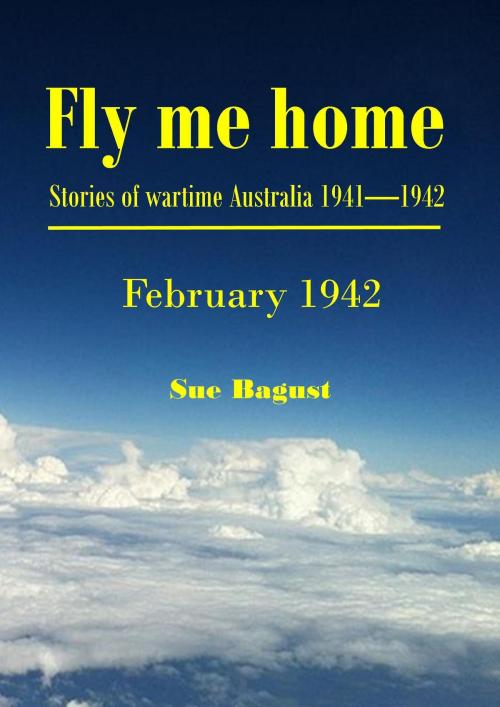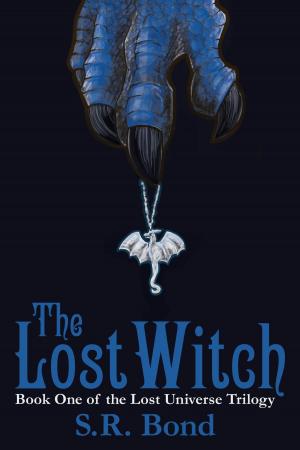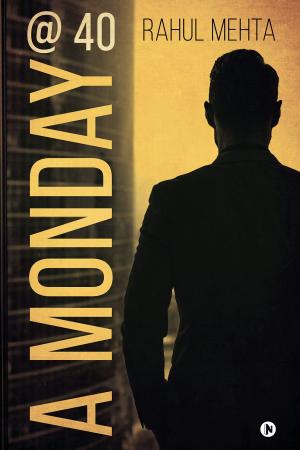| Author: | Sue Bagust | ISBN: | 9780463930250 |
| Publisher: | Sue Bagust | Publication: | May 10, 2019 |
| Imprint: | Smashwords Edition | Language: | English |
| Author: | Sue Bagust |
| ISBN: | 9780463930250 |
| Publisher: | Sue Bagust |
| Publication: | May 10, 2019 |
| Imprint: | Smashwords Edition |
| Language: | English |
“I suppose you realise that your leading division is the only force that can reach Rangoon in time to prevent its loss” - Cable from Winston Churchill to John Curtin, 20 February 1942
As Singapore fell and the Japanese massed to invade New Guinea, Churchill disregarded Curtin’s requests to send Australia’s army home from the Middle East and instead enlisted Roosevelt to urge Curtin to accept his unauthorised deployment of Australian troops to Burma, despite already having lost 15,000 Australian troops in the British surrender of Singapore. Curtin stood his ground and brought his troops home, for the first time tilting Australia’s foreign policy towards self-interest rather than blind obedience to a major power.
The creation of the Pacific War Council in 1942 gave Curtin a bigger say in war planning, and he immediately demanded more troops and more arms for the Pacific conflict. Roosevelt viewed Australia as a British possession so was irritated by Curtin’s persistence, but Curtin would not allow Australia to be bullied and demanded that Australia be taken seriously as an alliance partner. Curtin knew that although Australia needed the USA, the USA also needed Australia as their primary base in the southwest Pacific. Throughout 1942, Australia provided camps, airfields and a whole range of other materials for the increasing number of American service personnel arriving in the country.
“I suppose you realise that your leading division is the only force that can reach Rangoon in time to prevent its loss” - Cable from Winston Churchill to John Curtin, 20 February 1942
As Singapore fell and the Japanese massed to invade New Guinea, Churchill disregarded Curtin’s requests to send Australia’s army home from the Middle East and instead enlisted Roosevelt to urge Curtin to accept his unauthorised deployment of Australian troops to Burma, despite already having lost 15,000 Australian troops in the British surrender of Singapore. Curtin stood his ground and brought his troops home, for the first time tilting Australia’s foreign policy towards self-interest rather than blind obedience to a major power.
The creation of the Pacific War Council in 1942 gave Curtin a bigger say in war planning, and he immediately demanded more troops and more arms for the Pacific conflict. Roosevelt viewed Australia as a British possession so was irritated by Curtin’s persistence, but Curtin would not allow Australia to be bullied and demanded that Australia be taken seriously as an alliance partner. Curtin knew that although Australia needed the USA, the USA also needed Australia as their primary base in the southwest Pacific. Throughout 1942, Australia provided camps, airfields and a whole range of other materials for the increasing number of American service personnel arriving in the country.















